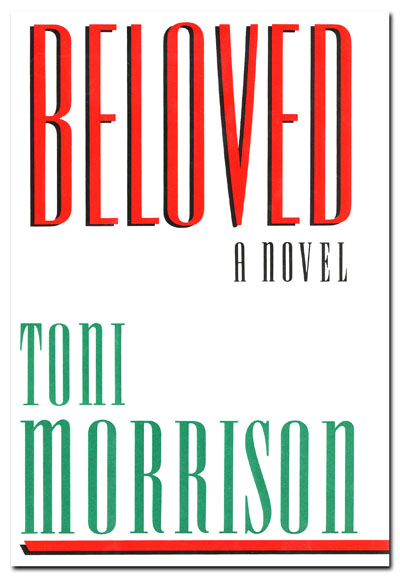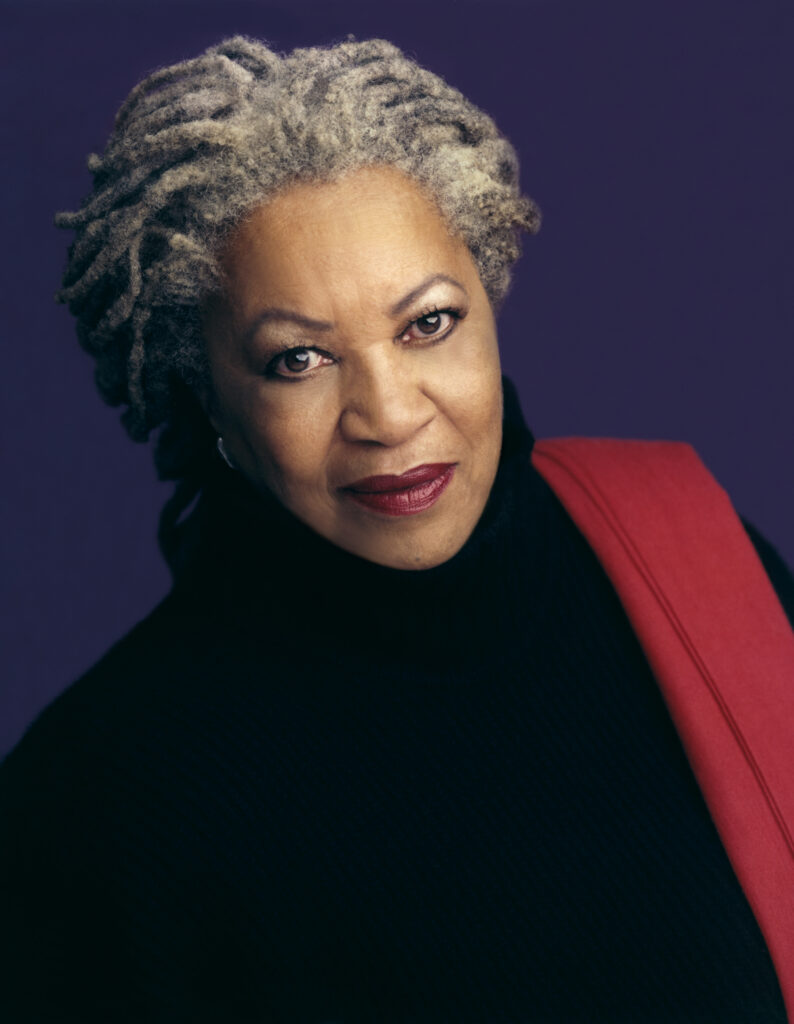In 1968 the Jamaican government banned books with “radical” content, including the Autobiography of Malcom X. Not long after my elder cousin Vivia Heron, an avid reader since early childhood and then a college student on the island, immigrated to the United States.
“I will not allow anyone to decide what I read,” Vivia said of her decision to leave Jamaica. She scowled as she recounted her initial delight in the promise of independence from England six years earlier, and how the Jamaica Labor Party (the equivalent of the American GOP) dashed that promise.
The party leadership feared the violence not rejected wholesale by America’s Black Power movement, viewing its specter as incompatible with the needs for post-colonial economic development and societal stability.
Fifty-three years later, here in the US, Virginia seeks to ban Toni Morrison’s Pulitzer Prize winning novel Beloved from the high-school curriculum. That effort is the result of a nine-year campaign by a white mother who claims that her son had “night terrors” after reading the book in his Advanced Placement English class.
Beloved is about a once-enslaved woman, Sethe, who killed her daughter to save her from bondage. Unable to escape her history, Sethe is haunted by the spirit of the dead child. Based on a real-life story, Beloved treats infanticide as the ultimate emancipator, murder as an act of bloody compassion. It is a contradictory American story of valor, and of violence that is not without consequence.
It is hard to imagine this book evoking night terrors in the context of all the violence the average teen digests each day. An almost 30-year-old summary report of the American Psychological Association Commission on Violence and Youth projected that “an average American youth will witness 200,000 violent acts on television before age 18.”
According to a compilation of reports published by the journal Pediatrics in 2009, “For some children, exposure to media violence can lead to anxiety, depression, posttraumatic stress disorder, sleep disturbances and nightmares, and/or social isolation.”
The entertainment industry has conned many parents into using its products to babysit their children. Was the anti-Beloved activist mom any different from so many when she started her campaign? Was her son—like most of his peers then—on a steady diet of violent television shows, movies, and video games? I suspect so.
With all the violence that surrounded children then and certainly surrounds them now, why would a parent choose to censor a book by one of the nation’s most acclaimed authors, an African American woman, winner of the Nobel Prize for Literature? Why would a parent want to ban this complex narrative about a critical period in American history? Is she also running campaigns against the wanton violence celebrated by the entertainment and social media industries or is her only target historical novels?
In the mid 1970s the white history instructor at my Pennsylvania boarding school was a terrifying man: Hulking, big boned, swollen belly straining over a tiny belt, face flushed red with alcoholism, he smirked his way through the two paragraphs of Black history involving only slavery. I squirmed in my seat as he pronounced Negro as close to nigger as possible, stretching out the syllables as spittle leaped from his mouth. Ni-gge-rah. Ni-gge-rah. Ni-gge-rah.
Even as a foreign student I knew instinctively that there was something twisted about this history lesson. But in this land of strangers, I had no one to help me dissect my experience. Squandering a coveted international call to consult my parents on an incident about which I had little context and even fewer words was out of the question.
Ultimately that history teacher did not destroy me. I am not made of sugar, and I did not melt because of him. The children of Virginia and in all the other states where parents want to erase the histories of non-whites will not melt either. Children are remarkably resilient. It is the parents, often twisted with racial animus, fear and selfishness, who are not.

Like the wave of break-the-norms-of-decency initiatives from the stop-the-steal scams to the election fraudits to the banning of critical race theory not taught in primary and secondary schools in the first place to voter suppression and nullification, book banning has a Humpty-Dumpty quality. Once the systems are broken, they cannot be put back together again. One day these decisions will come back to haunt the perpetrators. One day soon.
The anti-Beloved activist, part of the GOP candidate’s winning campaign for governor of Virginia, may view herself as triumphant. But the negative implications of her efforts beyond this current political cycle make her the opposite. Giddy from his success—based in part on lies about the veracity of the 2020 election and Critical Race Theory—the governor-elect referenced teaching schoolchildren how to think critically in his November 2 victory speech. Sadly, it is the parents who need to engage in such thinking.
In Jamaica the ban on books ended in 1972, four years after it began, with the ascent of the People’s National Party, the rough equivalent of America’s Democrats. By then my cousin Vivia was fully ensconced in her American journey. It was too late to matter to her; the damage was already done.
Vivia would be disappointed to know that today, America, her adopted home, has abdicated its place as the leader of the free world, that democracy is up for grabs here, too, just as it was in Jamaica more than 50 years ago, just as it is in so many other countries.
After teaching English in New York City’s public high schools for more than 25 years, my cousin Vivia died in 2007. Since then five schools have banned Beloved.
Beloved is available wherever you buy your books. Some of my favorite book shops are Harriett’s Bookshop in Philadelphia: https://bookshop.org/books?keywords=beloved and of course Amazon: Beloved: Toni Morrison: 9781400033416: Amazon.com: Books.


You must be logged in to post a comment.